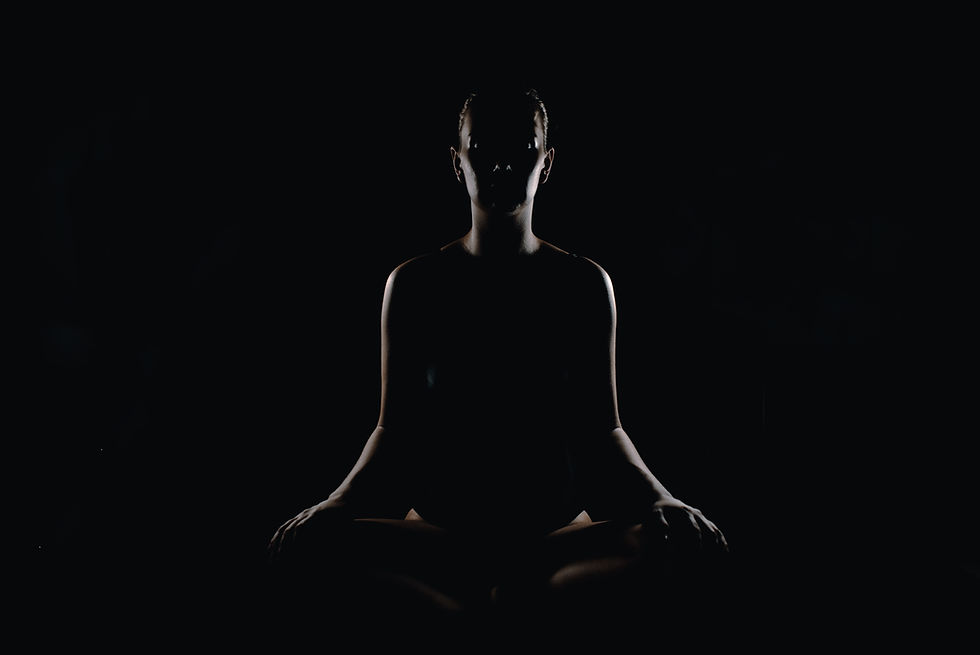Meditation 101: Understanding and developing the Relationship between Mind, Body and Soul
- Paige Danniella MJ

- Jan 12, 2023
- 2 min read
Meditation is a practice that has been used for centuries to improve mental and physical well-being. The practice involves sitting in silence and focusing the mind on a specific object, thought or activity to improve awareness, calm the mind and promote a sense of inner peace.

When it comes to building a relationship with mind, body and soul, meditation can be a powerful tool.
By learning to quiet the mind and focus on the present moment, we can gain a greater understanding of our thoughts, emotions and physical sensations, leading to a deeper sense of self-awareness and a greater ability to regulate our emotions and reactions to stress.
Meditation can also have a positive impact on physical health. Research has shown that regular meditation can reduce blood pressure, lower the risk of heart disease, improve immune function, and reduce chronic pain. It has also been found to increase grey matter in the brain, responsible for self-awareness, compassion and introspection. This is likely due to the relaxation response that meditation can elicit, which causes the body to enter a state of rest and repair.
When it comes to cultivating this relationship, there are a few things to keep in mind:
Start with regular practice:
To see the benefits of meditation, it's important to make it a regular part of your routine. Try setting aside a few minutes each day to connect and gradually increase the amount of time you spend in meditation as you become more comfortable with the practice.
Find a comfortable position:
It's important to find a comfortable position that allows you to sit still and focus on your breath. Sitting in a chair with your feet flat on the floor and your hands resting on your knees is one option, or you can sit cross-legged on the floor. Alternatively, try lying down with your legs, spine and head aligned.
Focus on the breath:
One of the most common objects of focus in meditation is the breath. Begin by taking a few deep breaths and then focus on the sensation as it enters and exits your body. If your mind starts to wander, simply notice that it has wandered and gently bring it back to the breath. Try breathing in for 3 and out for 4.
Be patient:
It's important to remember that meditation is a skill that takes time and practice to develop. Don't get discouraged if your mind continues to wander or you find it difficult to focus. Just keep coming back to the breath and eventually you will find that your mind becomes quieter and more peaceful.
Incorporate other practices:
Mediation can be enhanced by incorporating other practices that align with your soul. For example, practising yoga, mantras, affirmations, walking or journaling, could help you develop a greater level of self-awareness and mindfulness in your daily life.
Meditation is a personal practice and what works for one person may not work for another. Be open to trying different techniques and approaches until you find a practice that resonates with you.
With regular practice, you will develop a deeper understanding of yourself and a greater sense of inner peace and well-being.












Comentários